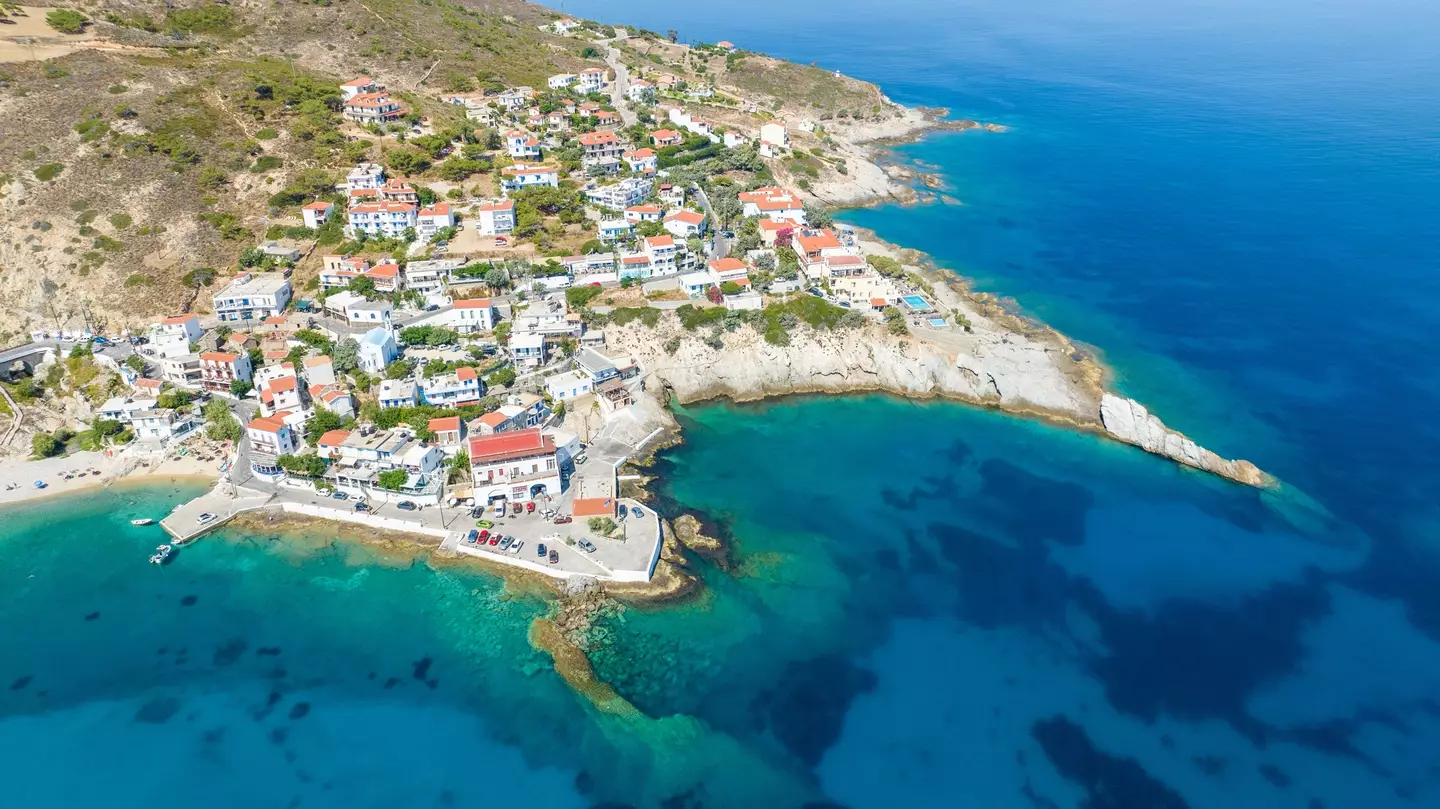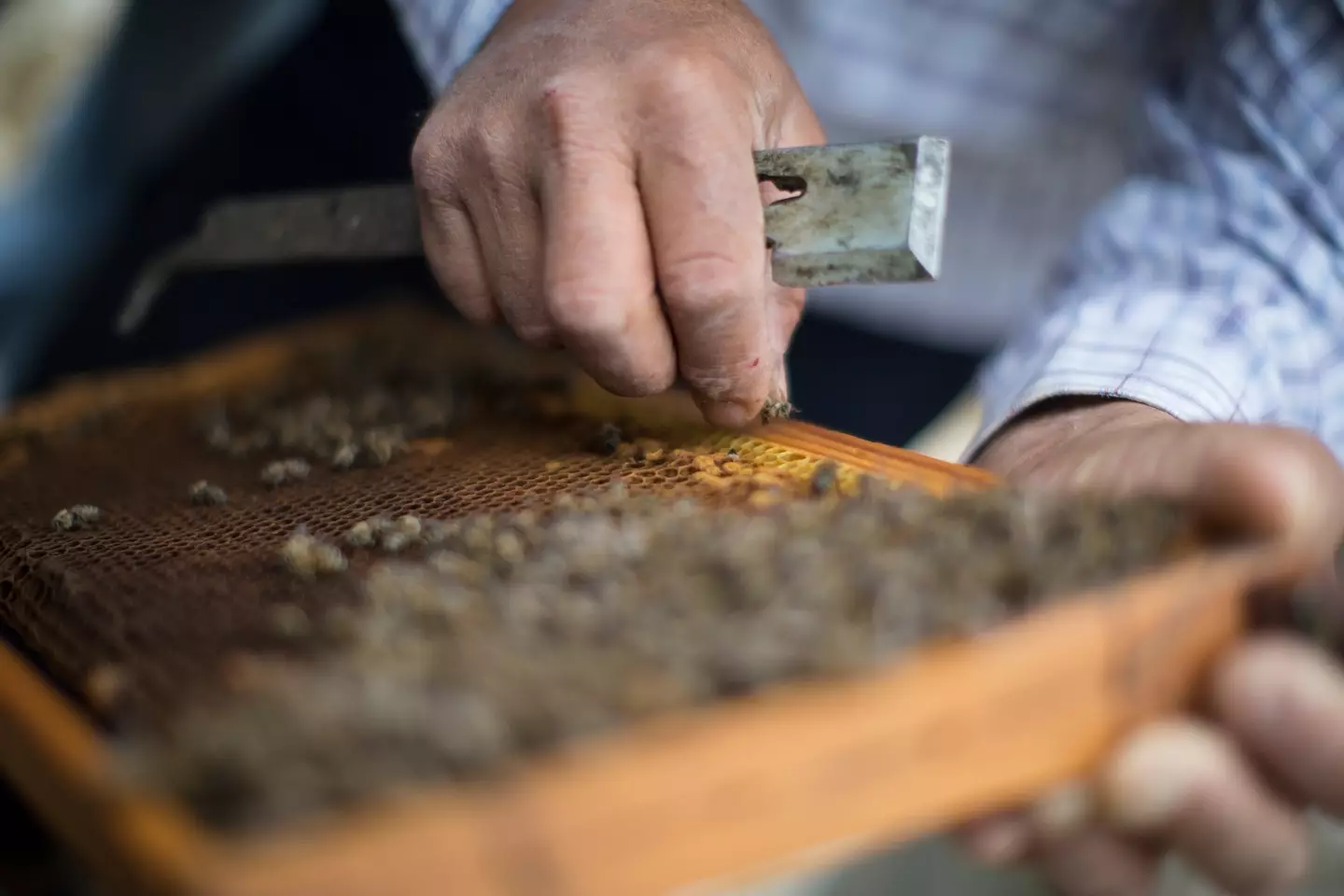
Living to 100 is becoming a less improbable dream.
Average lifespans have continued to rise in the developed world over the past century and, with new medical revelations and interventions on the horizon, it’s exciting to consider how long the current crop of humans might be expected to live for.
Some people have a better chance of seeing 100 than others, however, with many of those living in the world’s so-called ‘Blue Zones’.
A Blue Zone is a region where people have an unusually good chance of reaching a full century.
Advert

Theories abound about why this is the case, but diet is generally the main factor. Places like Okinawa, Japan and Sardinia, Italy fall into the Blue Zone bracket – most tend to be pretty damn beautiful places, which might also be a factor in their long-lived denizens.
The Greek island of Ikaria is another, and it’s this little landmass in the Aegean Sea that we’re interested in today.
On Ikaria, it’s very common for people to eat raw honey, and it might hold a secret to the fact people tend to live for a very long time there.
Diane Kochilas, whose family is from Ikaria, said on CNBC:
"The raw, thick, delicious honey produced by local beekeepers on the island and across Greece is intertwined with my most precious memories of life on Ikaria. I love to smell its subtle, gentle perfume wafting on the breeze, especially when the weather is warm and the bees are out and about, buzzingly busy among the wildflowers, thyme, and pine trees."
She continued: "Honey has antibacterial qualities, contains an abundance of antioxidants, and helps the body regulate sugar levels. On Ikaria, it's considered one of the island's secret ingredients for longevity, and many Ikarians start their day with a spoonful."
It’s ‘consumed as folk medicine for coughs and sore throats’ and ‘the combination of honey, sage or mountain tea, ginger, and garlic’ are renowned for their antimicrobial properties.
According to research from the Food Chemistry journal, raw honey contains as much as 4.3 times the number of plant-based antioxidants as processed honey, meaning it could help to reduce the risk of both heart disease and cancer.
Processed honey also contains plenty of powerful nutrients, antioxidants and antibacterial properties, so don’t worry if you can’t get hold of the raw stuff.
"Honey is a natural product known for its varied biological or pharmacological activities-ranging from anti-inflammatory, antioxidant, antibacterial, antihypertensive to hypoglycaemic effects,” added a study published in the National Library of Health.

"Effects of honey have been thoroughly investigated in certain cancers such as breast, liver and colorectal cancer cell lines. In contrast, limited but promising data are available for other forms of cancers including prostate, bladder, endometrial, kidney, skin, cervical, oral and bone cancer cells.
"Honey is highly cytotoxic against tumour or cancer cells while it is non-cytotoxic to normal cells. Thus, honey may serve as a potential and promising anticancer agent which warrants further experimental and clinical studies."
It’s definitely a better option to spread over your toast than Nutella, anyway.
